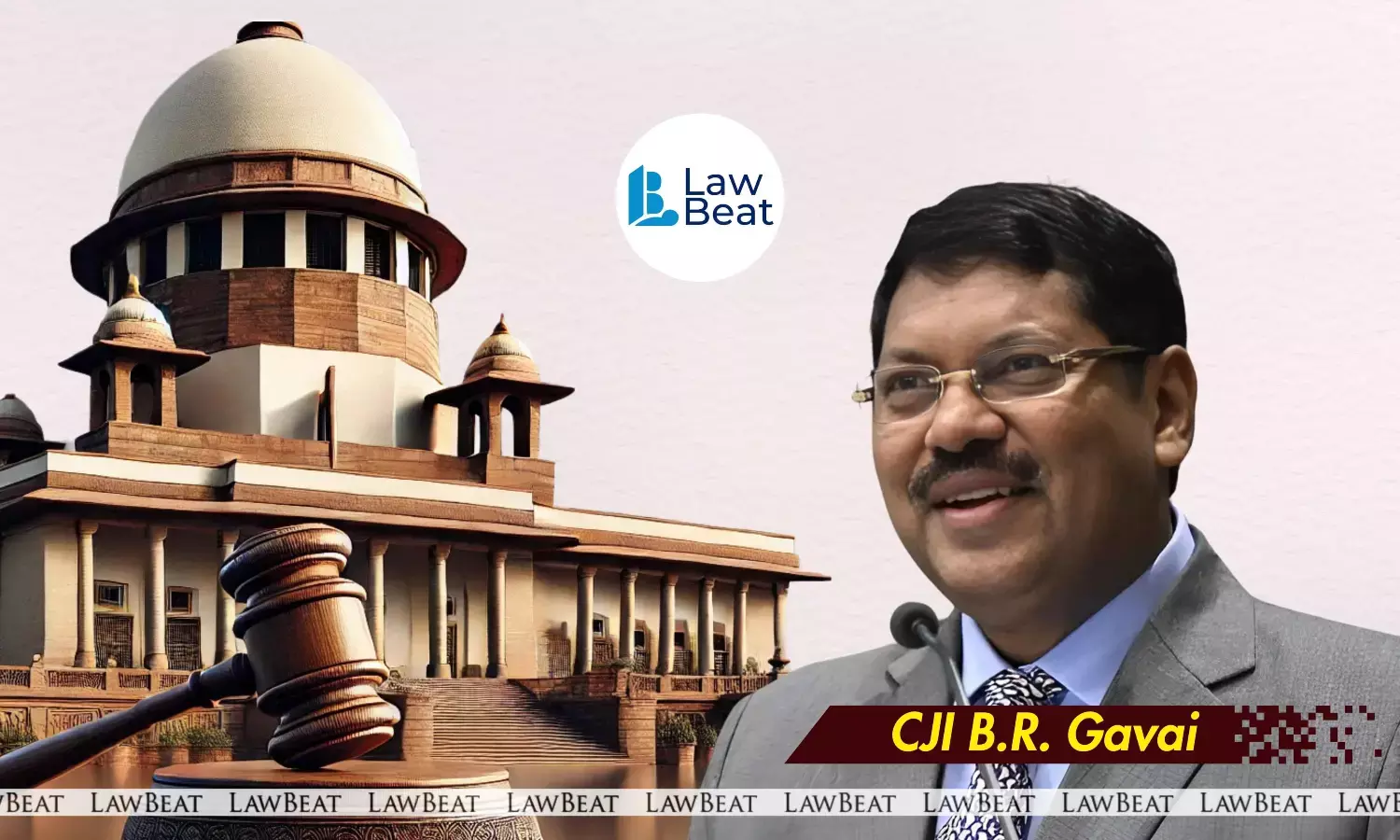Presidential Reference| CJI Gavai cites situation in Nepal, says he is proud of Indian Constitution

SC hearing review pleas against Vanashakti judgment; CJI BR Gavai emphasizes misinterpretation of lawyers’ submissions in environmental clearance cases
Referring to the anti-corruption protests happening in Nepal right now, Chief Justice of India BR Gavai yesterday expressed his regard over the stability of India’s constitutional framework.
The CJI said, “We are proud of our Constitution…see what is happening in our neighbouring states. Nepal, we saw.” Adding to his comments, Justice Vikram Nath, also a part of the bench referred to the turmoil in Bangladesh where last year a revolt toppled Sheikh Hasina government.
These observations came to be made by the Court while hearing a Presidential Reference made by President Droupadi Murmu over the grant of assent on Bills by the Governors and President. The comments came as a response to Solicitor General Tushar Mehta's submission defending Governors accused of delaying bills, who pointed out that from 1970 to 2025 only 20 bills had been reserved for presidential consideration. He stressed that 90% of state bills are cleared within a month.
To this the CJI said that the nation had been “continuing with the Constitution and democracy for 75 years”, irrespective of whether 50 percent or 90 per cent bills had been withheld by Governors.
Yesterday evening CJI BR Gavai also voiced grave concern over the escalating crisis in Nepal, where unprecedented protests have engulfed the Himalayan nation, resulting in the resignation of the prime minister, the torching of Parliament, and the deaths of at least 19 people in a crackdown. Speaking to NDTV shortly after his return from a family visit to Kathmandu and Lumbini; the sacred birthplace of Lord Buddha, Justice Gavai said he was “distressed by the situation” unfolding in the neighbouring country.
“I am very disturbed to see what is happening in Nepal. I visited this great country and came back on Sunday only. I pray and hope everything will be fine at Buddha’s place soon,” he remarked.
The Chief Justice, accompanied by his family, visited Lumbini over the weekend, only to return to India before demonstrations against the government erupted into the worst violence Nepal has witnessed in two decades. His comments come against the backdrop of Nepal’s democratic institutions struggling under intense public anger and a sudden leadership vacuum.
The demonstrations began Monday (September 8) in Kathmandu, triggered by the government’s ban on social media platforms and fueled by public anger over entrenched corruption. The movement, primarily youth-driven and calling itself the “Gen Z movement,” quickly spread across the country. While initially directed at the clampdown on online expression, the protests soon expanded into a wider expression of discontent, with protesters targeting what they termed “nepo kids”, children of political leaders who enjoy privilege and affluence while the majority of young Nepalis face unemployment and limited opportunities.
Videos circulating on social media added to the shock, showing former prime minister and current Nepali Congress leader Sher Bahadur Deuba, along with his wife and sitting foreign minister Arzu Rana Deuba, being assaulted by demonstrators. Both appeared visibly injured and bleeding, while other footage showed Deuba being escorted to safety.
With the Prime Minister resigning amid mounting pressure, the Nepali Army stepped in to enforce order. Armoured personnel carriers patrolled city streets littered with the charred remains of vehicles and government offices, while loudspeakers blared curfew orders to the civilian population. General Ashok Raj Sigdel, Chief of the Nepali Army, made a public appeal urging protesters to “call it off and engage in dialogue.” Despite these calls, the streets remained tense, with negotiations between protest representatives and army officials failing to yield a breakthrough.
